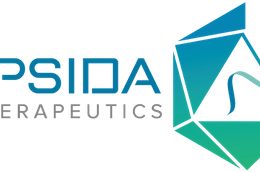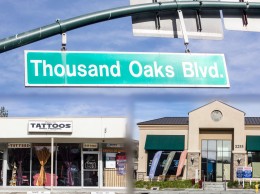Thousand Oaks-based biopharmaceutical giant Amgen bought a Netherlands-based company and partnered with a Monrovia-based company in an effort to fend off competitors.
Amgen announced Sept. 16 that it will buy Dezima, a biotech company focused on developing new treatments for dyslipidemia, a disease where a person has an abnormal amount of lipids in their blood. Amgen also announced a research and licensing deal with Xencor, which develops antibodies to treat asthma, allergic diseases, autoimmune diseases and cancer.
Amgen will pay $300 million up front, and up to $1.25 billion more in milestone payments. The deal, which could be valued at $1.5 billion, is expected to close in the fourth quarter.
Amgen appears to be primarily motivated to buy Dezima because the company is currently developing TA-8995, an oral drug that reduced low density lipid protein cholesterol by 45 to 48 percent during trials.
“We are delighted to join Amgen as the company has shown impressive leadership in the cardiovascular space by their rapid and state-of-the-art development program for Repatha, said Rob De Ree, chief executive officer of Dezima, in a news release. “Owning both Repatha and TA-8995, each innovative and complementary therapies with the potential to serve a broad range of patients with high cholesterol, will further solidify Amgen’s position in the future treatment of dyslipidemia.”
Amgen CEO Robert Bradway said in a news release that the acquisition adds to Amgen’s portfolio of cardiovascular drugs.
Under a separate agreement, Amgen will also license six programs from Xencor. Amgen will pay Xecor $45 million up front and $1.7 billion in milestone payments. Amgen will also be fully responsible for development and marketing of the drugs.
Amgen’s stock dropped 96 cents to $151.18 to end the day.
The deals appear to be Amgen’s counter to growing competition.
Amgen’s shares dropped 2 percent on Sept. 3, when Switzerland-based Novartis released a drug called Zaxario. Novartis’s Zaxario is part of a group of drugs called biosimilars, which are similar to generic drugs but they are not made with identical compounds and are made with living organisms.
Zaxario is similar to Amgen’s drug Neupogen but costs 15 percent less. Both drugs help chemotherapy patients fight infections by increasing the production of white blood cells. Neupogen had $5.76 billion in sales last year.
The U.S. Food and Drug Administration approved Zaxario in March, but Amgen sued. An appeals court ruled in July that Novartis could start selling Zaxario on Sept. 2.






 Print
Print Email
Email

















